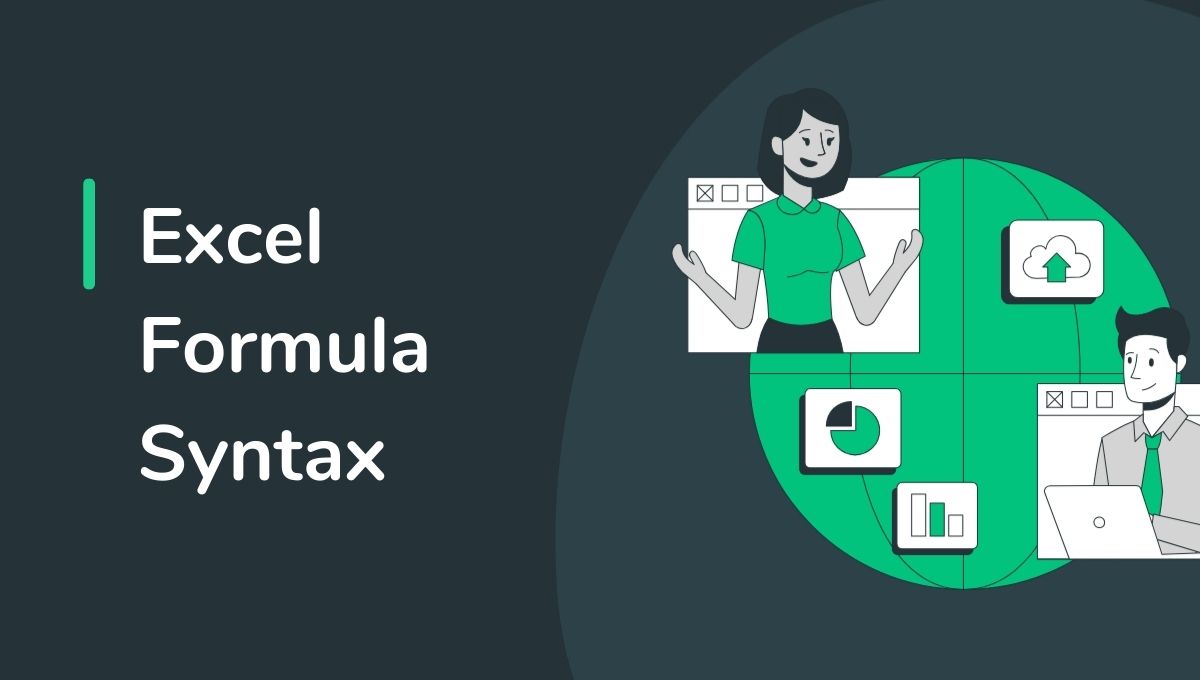Last Updated on 1 year ago by Imarticus Learning
Preparing for job interview questions for accounting and finance can be both challenging as well as exciting.
Such type of interviews usually tests the candidate in terms of technical topics. These interviews can help them in real life situations during the course of their professional life.
“According to a research, the average salary for ACCA professionals in Australia ranges between AUD 50,000 to AUD 130,000 ($32,000 to $85,000) and senior designations may reach up to AUD 150,000.” So, it presents good prospects in accounting and finance if a person prepares well for the interview.
What are the Top Accounting Interview Questions asked in Interviews?
Knowledge of commonly asked interview questions in accounting would form the basis of preparation for the accounting job you are targeting. Then, such questions would further test your basic knowledge and analytical skills for your employer.
Some of the most common questions would include the following:
What are accounts payable and accounts receivable?
This is a general question and tests your skill in bookkeeping.
Describe what is double-entry bookkeeping.
Explain why this is an essential accounting concept and with examples
What is depreciation, and how is it calculated?
Be ready to explain the methods, both straight line and reducing balance.
How do you know that your financial statements are correct?
Share how vigilant you were with experience in the reconciliation and auditing process.
Common Finance Interview Questions and Answers
For finance roles, questions will generally focus on the analytical skills and financial strategy. Here are a few examples:
What is working capital and why is it important?
Explain its role in maintaining liquidity and how it maintains operational efficiency.
How do you evaluate a company’s financial position?
Mention a structured approach that includes goal-setting, allocation and monitoring.
What are the steps involves in budgeting?
You may term it a step-by-step approach along with setting goals, allocation, and monitoring.
Can you explain the cash flow statement?
You may say it portrays the stability of finances and liquidity of a firm.
What is the significance of investment appraisals?
You can discuss the techniques, such as Net Present Value (NPV) and Internal Rate of Return (IRR), for project appraisal.
Accounting Job Interview Tips to Succeed
How to Succeed in Accounting Interviews
Accounting job interviews require preparation and practice. Just follow these steps:
Know What the Job Wants: Read the job description to know what skills are required and match your answers with what the employer wants.
Revisit the Fundamentals: Refresh your knowledge on topics like financial statements, journal entries, and taxation laws.
Showcase Your Skills in Software: Be prepared to describe experience in Tally, QuickBooks, SAP, or other similar applications.
Developing Effective Communication Skills
The best candidates are those who can explain a financial concept in one sentence. Learn to communicate your thoughts and ideas clearly and confidently.
The STAR Approach on Best Answers
One of the most used approaches toward giving behavioral answers is called STAR. This is the manner in which you use it:
Situation: Describe the scenario that took place or you faced.
Task: Outline all the responsibilities that you had to deliver.
Action: Explain the steps you took
Result: Highlight the positive outcomes.
For example: When somebody asks you how did you handle tight deadlines, describe about how you prioritized tasks and delivered tasks in due time.
Some Behavioral Questions You May Be Asked
Walk me through a time when you had to reconcile an accounting discrepancy?
Highlight your resourcefulness and your attention for detail.
What do you do when you have a conflicting priority?
Speak on how you manage your time well and time management strategies.
Let’s talk of something that you might have made the mistake on and how would correct it?
Emphasize ways by which you learned from that and implemented corrective measures.
ACCA and Career Development for Yourself
The most sought-after qualification in accounting and finance is ACCA course. It provides international recognition and enables skills to succeed in challenging financial worlds.
Therefore, by mentioning the fact that you possess qualification from ACCA during your interviews, you can demonstrate professionalism and adherence to global practices.
Why ACCA Course?
Global Acceptance: ACCA qualification accepted in 179 countries creates a passport to work all around the globe.
Comprehensive Training: Built into all fields such as financial reporting, audit, and performance management
Job Opportunities: 7,600 companies from across the world require ACCA qualified people.
Difference with the World over for ACCA Certification
World-class Education: Recognised as the Best Education Provider in Finance at the 30th Elets World Education Summit 2024
Job Placement Guarantew: 100% job guarantee along with the “pass for sure” assurance End.
Practical Training Simulation: Training through ACCA The world’s most powerful simulation that can be practiced.
Heritage of Excellence: The oldest chartered accountancy body, ACCA has a tradition of trust and credibility.
Preparing for ACCA courses will increase your technical knowledge but also make you more employable in diversified sectors.
Tailor Your Resume and Cover Letter
Do not forget to include the following:
The prime achievements from BCom
The internship/project experience will enable you to apply that knowledge.
Unique Selling Points for You
While interviewing, give demos of the following strong points infront of the interviewer
Pay attention to all such details so proper financial statements could be delivered.
Problem solving competent: Give examples, show where accounting errors could be cleared
Teamwork- Share where teamwork has resulted beneficially for you.
FAQs
What are the most important skills for an accounting job interview?
The ones that are basically necessary would include knowledge about accounting principles, attention to detail, and communication skills. Know-how of any software, such as Tally or QuickBooks, is beneficial too.
How do I benefit from my ACCA certification?
The ACCA provides you with global recognition, practical training, and access to the network of high employers in your career.
How can I prepare for behavioral questions that might arise in my accounting interview?
Use the STAR method to frame the answer and practice with some examples that you might have in either your academic life or professional life.
Common mistakes to avoid while giving an accounting interview?
Don’t neglect to prepare for technical questions and forget soft skills such as teamwork.
Is BCom enough for a career in accountancy?
A BCom degre provides a decent foundation, but certifications like ACCA or CPA can increase your employability and salary prospects.
Conclusion
To prepare for accounting and finance job interviews, for example, practicing questions with the most asked accounting interview questions and the proven frameworks like the STAR method will make all the difference when it comes to getting picked.
Globally recognized certifications such as the ACCA course gives you a competitive edge. With all these tools and knowledge, you would be very well prepared to do the best in your interviews and meet your career goals.



